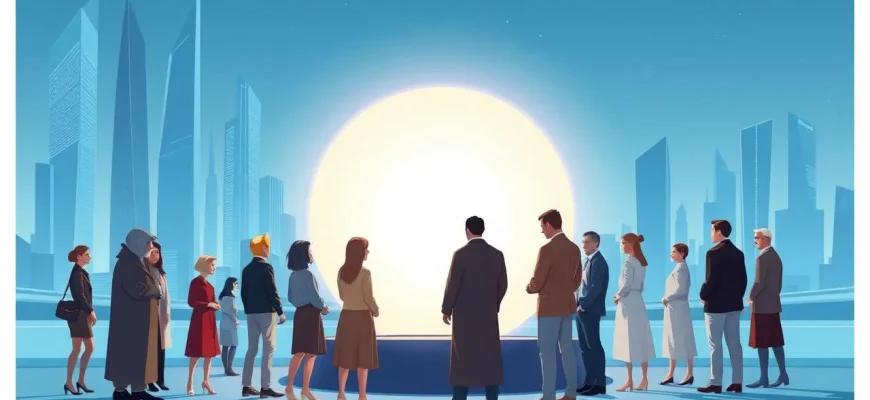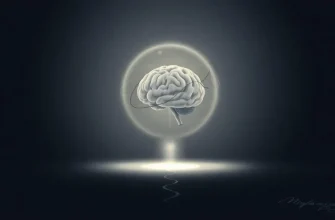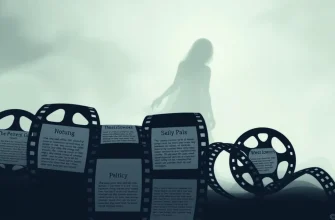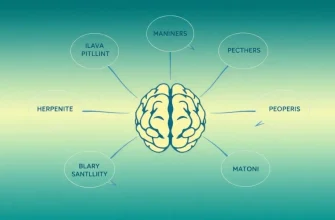Dive into the enigmatic world of films that explore the concept of predicting the future. This curated list offers a journey through time, fate, and the supernatural, providing viewers with thought-provoking narratives that challenge our understanding of destiny and free will. Whether you're a fan of psychological thrillers, science fiction, or metaphysical mysteries, these films will captivate your imagination and leave you pondering the possibilities of what lies ahead.
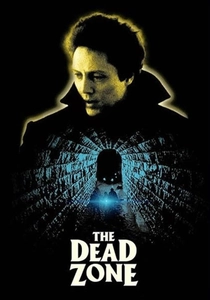
The Dead Zone (1983)
Description: Christopher Walken plays a schoolteacher who wakes up from a coma with the ability to see the future when he touches people. His visions lead him to confront a political figure destined to start a nuclear war.
Fact: The film is based on a novel by Stephen King, and its themes of fate and destiny are central to King's work.
 Watch Now
Watch Now
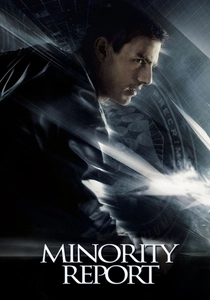
Minority Report (2002)
Description: In a future where a special police unit can arrest murderers before they commit their crimes, Tom Cruise's character finds himself accused of a future murder. This film delves into the ethics of precognition and the consequences of altering one's fate.
Fact: The film was based on a short story by Philip K. Dick, and the technology depicted in the movie has inspired real-world research into predictive policing.
 Watch Now
Watch Now
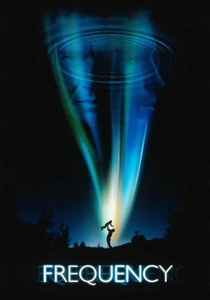
Frequency (2000)
Description: A father and son communicate across time through a ham radio, allowing them to alter past events. The film explores the butterfly effect and the emotional bond between generations.
Fact: The film's time-travel mechanics were praised for their originality and emotional depth.
 Watch Now
Watch Now
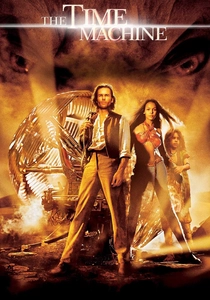
The Time Machine (2002)
Description: Guy Pearce stars as a scientist who invents a time machine to change the past and save his fiancée, only to discover the future consequences of his actions. The film examines time travel and the ethics of altering history.
Fact: This is a remake of the 1960 film, which itself was based on H.G. Wells' classic novel.
 Watch Now
Watch Now
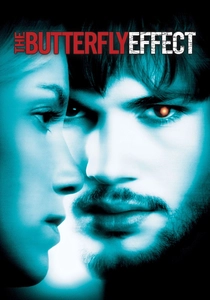
The Butterfly Effect (2004)
Description: Ashton Kutcher plays a man who discovers he can travel back in time to his childhood to fix past mistakes, but each change has unforeseen consequences. This film examines the chaos theory and the ripple effects of altering the past.
Fact: The film's title refers to the butterfly effect, a concept from chaos theory suggesting that small changes can lead to significant outcomes.
 Watch Now
Watch Now
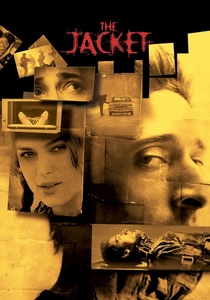
The Jacket (2005)
Description: Adrien Brody stars as a Gulf War veteran who, through experimental therapy, experiences visions of the future. The film blurs the lines between reality, time, and mental health.
Fact: The film's plot was inspired by the real-life experiments of Dr. Ewen Cameron, who used sensory deprivation and other techniques.
 Watch Now
Watch Now
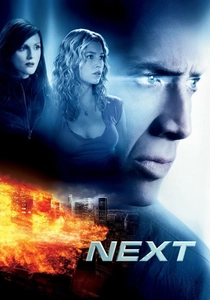
Next (2007)
Description: Nicolas Cage stars as a man who can see two minutes into the future, using his ability to avoid danger and navigate life's challenges. The film explores the implications of such a power on personal freedom and destiny.
Fact: The film's concept is loosely based on the short story "The Golden Man" by Philip K. Dick.
 Watch Now
Watch Now
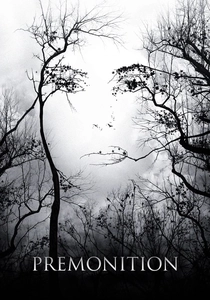
Premonition (2007)
Description: Sandra Bullock stars as a woman who experiences her husband's death out of sequence, living through the days before and after the event. The film explores the concept of premonition and the emotional turmoil of knowing the future.
Fact: The film's non-linear narrative structure was designed to mirror the protagonist's confusion and disorientation.
 Watch Now
Watch Now

The Adjustment Bureau (2011)
Description: Matt Damon plays a politician who discovers that his life is being controlled by a mysterious group that ensures people follow their predetermined paths. The film delves into free will versus destiny.
Fact: The film is loosely based on a short story by Philip K. Dick, exploring themes of predestination and control.
 Watch Now
Watch Now
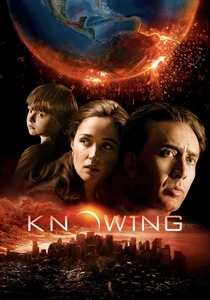
Knowing (2009)
Description: Nicolas Cage stars as a professor who discovers a list of dates and numbers from the past that accurately predict disasters. The film explores the implications of knowing the future and humanity's role in the universe.
Fact: The film's ending was controversial, with some viewers and critics debating its interpretation.
 Watch Now
Watch Now

